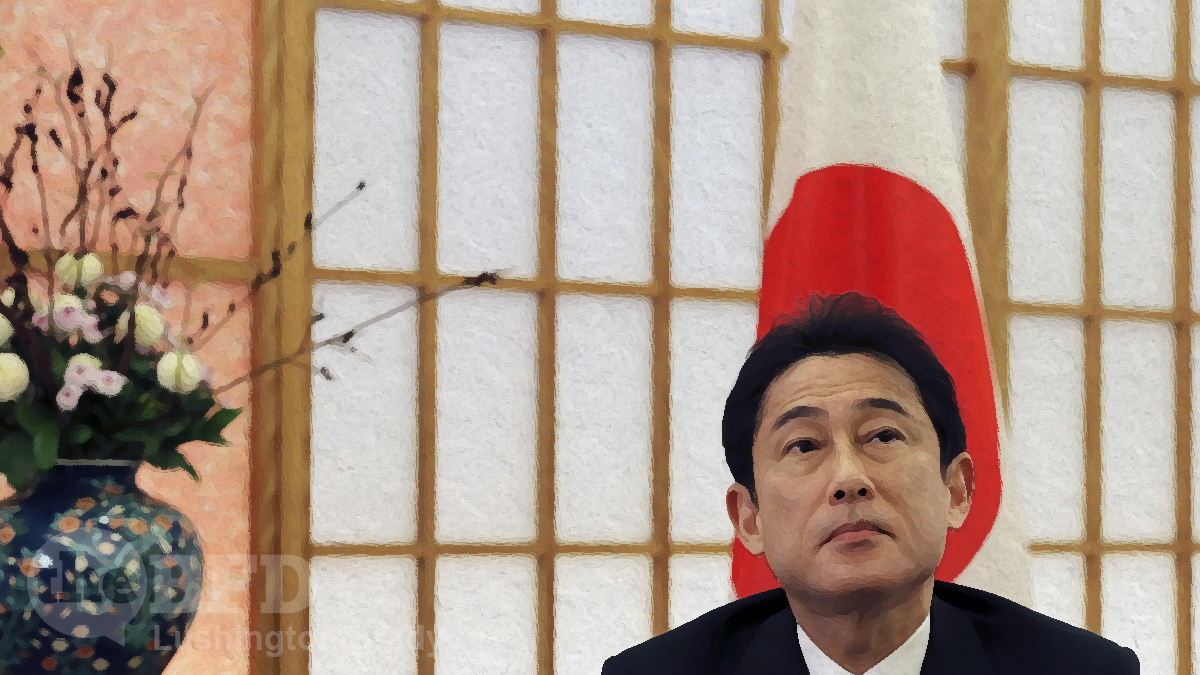The resignations of first Shinzo Abe and, little over a year later, his successor, Yoshide Suga, is perhaps a sign of how much the pandemic has unsettled the normally steady world of Japanese politics — where the Liberal Democratic Party has ruled for all but four of the last 66 years. After just over a week in office, new prime minister Fumio Kishida has dissolved the Diet, setting the stage for an election at the end of the month.
Kishida enjoys reasonable public support 11 days into the job, polls show, boding well for his goal of maintaining a lower house majority for his Liberal Democratic Party (LDP) and its Komeito party coalition partner.
Like the LDP, Komeito is a conservative party, albeit with a pinkish tinge, placing it as a third party alternative to the LDP or the opposition Constitutional Democratic Party of Japan — a left-wing party formed from a merger of the Democratic Party for the People and the Social Democratic Party (formerly the Japan Socialist Party). Economics and covid are dominating the election.
Voters will want to see a government with plans for decisive action to end the pandemic and rebuild the economy. A recent Sankei newspaper poll showed that about 48% say they want the Kishida administration to work on coronavirus most, followed by economic recovery and employment.
Kishida’s party is promoting his push for coronavirus measures including supplying oral antiviral medication this year, as well as his vision of realising a “new capitalism” that focuses on economic growth and redistribution of wealth.
Of interest to us here in Australia, of course, is the future of the “Quad” informal anti-China alliance, which Suga prominently backed. A policy of resistance to Chinese aggression remains part of the LDP’s platform.
The ruling party has also called for a sharp increase in defence spending to acquire the capability to destroy ballistic missiles, amid China’s increasingly assertive posture over Taiwan.
The LDP remains socially conservative, in direct contrast to the CDPJ, which is focusing on issues such as same-sex marriage, which Kishida openly opposes, anti-nuclear power, and different surnames for couples. While support for the LDP dropped markedly under Suga and during Abe’s scandal-plagued last days, voters are not exactly flocking to the CDPJ’s “diversity” platform.
The biggest challenge for Constitutional Democrats is their low support ratings. A recent poll by the Asahi Shimbun daily found only 13% were planning to vote for them, far behind the LDP’s 47%; most other polls record support in the single digits.
One America News
It’s also not helping the CDPJ that Kishida’s focus on economic reform and wealth redistribution is directly undercutting the CDPJ’s economic platform — leaving “rainbow” issues as its main policy difference. A difference socially conservative Japan seems in no hurry to embrace.
Please share this article so that others can discover The BFD

